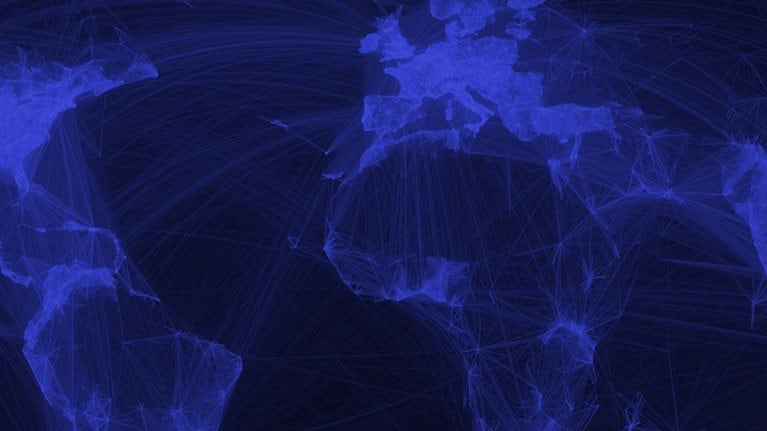Open data—machine-readable information, particularly government data, that’s made available to others—has generated a great deal of excitement around the world for its potential to empower citizens, change how government works, and improve the delivery of public services. It may also generate significant economic value, according to a new McKinsey report.1 Our research suggests that seven sectors alone could generate more than $3 trillion a year in additional value as a result of open data, which is already giving rise to hundreds of entrepreneurial businesses and helping established companies to segment markets, define new products and services, and improve the efficiency and effectiveness of operations.
Although the open-data phenomenon is in its early days, we see a clear potential to unlock significant economic value by applying advanced analytics to both open and proprietary knowledge. Open data can become an instrument for breaking down information gaps across industries, allowing companies to share benchmarks and spread best practices that raise productivity. Blended with proprietary data sets, it can propel innovation and help organizations replace traditional and intuitive decision-making approaches with data-driven ones. Open-data analytics can also help uncover consumer preferences, allowing companies to improve new products and to uncover anomalies and needless variations. That can lead to leaner, more reliable processes.
However, investments in technology and expertise are required to use the data effectively. And there is much work to be done by governments, companies, and consumers to craft policies that protect privacy and intellectual property, as well as establish standards to speed the flow of data that is not only open but also “liquid.” After all, consumers have serious privacy concerns, and companies are reluctant to share proprietary information—even when anonymity is assured—for fear of losing competitive advantage.
Open data can help unlock $3 trillion to $5 trillion in economic value annually across seven sectors.

Our research sought to quantify the potential value of open data by examining applications in seven fields of the global economy: education, transportation, consumer products, electricity, oil and gas, health care, and consumer finance (exhibit). For each of these, we identified ways that open data may create economic value, explored potential barriers to adoption, and considered which actions would be required for capturing value with open data. In fact, we found numerous ways it could drive growth and innovation across industries and sectors. In summary, the use of open data:
- has a large potential economic value from its benefits, including increased efficiency, new products and services, and a consumer surplus (cost savings, convenience, better products)
- enhances big data’s impact by creating transparency, exposing variability, and enabling experimentation; helping companies to segment populations and thus to customize actions directed at them; replacing or supporting human decision making; and spurring innovative business models, products, and services
- creates multiple business opportunities, such as the potential to raise productivity, to improve new products and services, and to enable entirely novel lines of business for both established companies and entrants
- benefits consumers even more than businesses, by creating price and product transparency as well as new channels to provide feedback that improves the quality of goods and services (including public ones)
- entails business risks, including reputational issues related to the potential release of negative information; the potential consumer backlash from aggressive open-data use (for instance, in ads that target online consumers by following social-media activity); and the inadvertent release of confidential information, such as benchmarking data
- requires governments to play a central role by developing and implementing policies to mitigate consumer and business concerns about the misuse of open data and to help set standards that will allow the potential economic and social benefits to materialize
- faces barriers, including privacy concerns and the need for legal and regulatory frameworks
The benefits of open data can be self-reinforcing: they will increase as individuals perceive the advantages and help to improve the accuracy and detail of the information available. However, this cycle can gather momentum only if private industry and public agencies cultivate a vibrant open-data ecosystem and implement policies to protect stakeholders. For companies, that means putting in place the technologies and talent to collect and analyze data. For individuals—as both consumers and citizens—it means being vigilant, savvy providers and users of open data.


